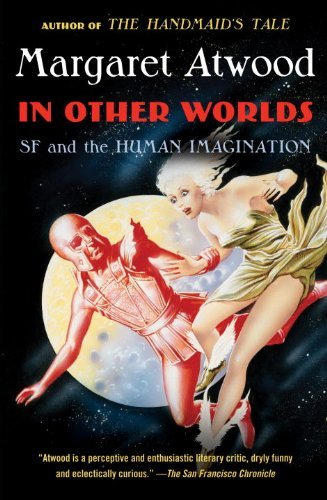What do you think?
Rate this book


From the Hardcover edition.
274 pages, Kindle Edition
First published October 11, 2011
“Anything that doesn't fit this mode has been shoved into an area of lesser solemnity called 'genre fiction,' and it is here that the spy thriller and the crime story and the adventure story and the supernatural tale and the science fiction, however excellently written, must reside, sent to their rooms, as it were, for the misdemeanor of being enjoyable in what is considered a meretricious way. They invent, and we all know they invent, at least up to a point, and they are, therefore, not about 'real life,' which ought to lack coincidences and weirdness and action-adventure, unless the adventure story is about war, of course, where anything goes, and they are, therefore, not solid.”